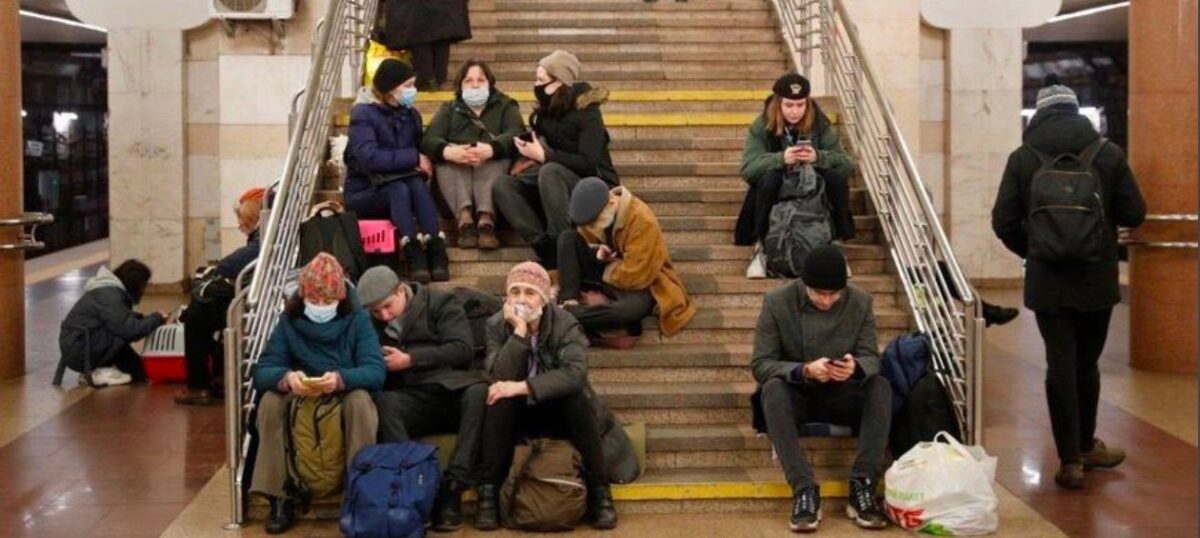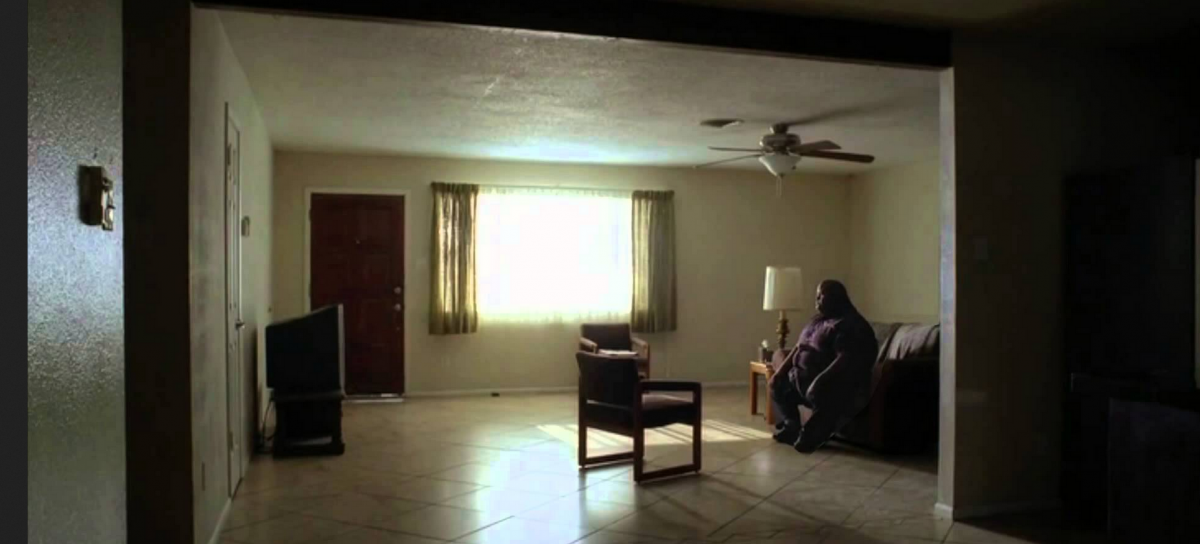Something like this occurred a little more than a century ago in the Balkans. And it is now happening again in Ukraine.
Explosions have rocked at least ten territories within the beleaguered nation. Missiles were fired before dawn by Russia. Russia destroyed aircraft and targeted military complexes. As of this morning, dozens of Ukrainians have been reported dead and a video circulated on social media revealed that Russian troops skirting the edge of Kharkiv, which is Ukraine’s second-largest city. Ukrainian President Volodymyr Zelenskyy was forced to declare martial law. He begged Russia to stop. He urged his 44 million citizens to right back. Many Ukranians fled the capital in their cars. An endless stream of taillights, all caught in the maw of congestion, could be seen clogging Kyiv’s major traffic arteries. Others fled to the subway stations and hunkered down. Meanwhile, Sergiy Kyslytsya, the Ukranian UN Ambassador urged the peacekeeping international body to stop the war. While none of the UN members were sympathetic to Russia, there are two unsettling questions now lingering in the air: (1) What is Putin’s ultimate plan here? and (2) What cavalier actions from Putin will it take to drive other nations into war?
Putin’s merciless campaign to invade a nation — a 233,000 square mile region just southwest of Russia and just north of the Black Sea — has created an unprecedented geopolitical escalation that we have not seen in recent times. And because international law and the health of a shaky global economy must be upheld, there is now the very real possibility of a massive international melee that we have not seen in decades. Germany, which is heavily reliant upon natural gas from Russia, halted the certification of its Nord Stream 2 pipeline. Chancellor Olaf Scholz does not have a backup plan for how he will make up the energy shortfall. Even before the rockets rattled Ukraine in the predawn hours, crude oil prices spiked above $100 — a seven-year high. The global stock market was already operating on shaky terra firma and those once dependable lines dipped downward yesterday, with the S&P 500 — the fund for most retirement plans — plummeting nearly 2%. Russia holds nearly 5% of the global oil supply and about 24% of the global natural gas supply. By reducing the total global energy supply that is available to all, Putin’s actions have drastically shaken the delicate fissures upon which the entire global economy is built upon.
Only a few days before, Putin had declared that Donetsk and Luhansk — two separatist regions sympathetic to Moscow — as independent regions. Weeks before that, he installed 150,000 troops at strategic points along the Ukrainian border. He has proven to be immune to diplomacy. These are, in short, the actions of a dictator.
President Biden is expected to make a statement today at noon. Last night, he talked with President Zelenskyy. Republicans — led by Senator Jim Inhofe — have seized the opportunity to paint Biden as a 21st century Neville Chamberlain. Biden did issue a brief statement last night suggesting that further economic sanctions against Russia, in coordination with other nations, were forthcoming. He had previously issued a first tranche of sanctions targeting banks and Russian oligarchs. There is also the question of whether NATO forces will become involved in an armed struggle and whether America will find itself involved in a long and costly war — this after pulling out from Afghanistan. Putin knows very well that he holds all of the cards here and that getting away with a wanton invasion means that he can not only embarrass the United States, but do so with impunity. He has initiated a game of chicken and has dared the rest of the world to join in.
There will be a significant refugee crisis because of Putin’s actions. There will be a great loss of life. Putin’s actions may embolden other nations to make similar moves. The old rules of peacekeeping no longer apply.
Energy isn’t the only economic factor here. Russia is also the largest global exporter of wheat. And the missile strikes against Ukraine have already affected wheat prices. This could likely exacerbate a growing world hunger crisis.
China has refused to outright condemn Russia’s actions. In a parallel reminiscent of a sordid Facebook relationship status, spokeswoman Hua Chunying insisted that the Ukraine issue was “very complicated.” Israel has rebuked Russia after staying silent.
But it’s clear that Putin hopes to drag other nations into this conflict. It’s clear that, even with Western support, Ukraine is undermatched and outgunned in military force and that Putin is determined to annex the territory. That the fate of the world hinges upon the actions of one megalomaniacal man is a dark irony as we try to find some light that will take us out of the COVID tunnel.
Make no mistake. We are now on the brink of world war.

